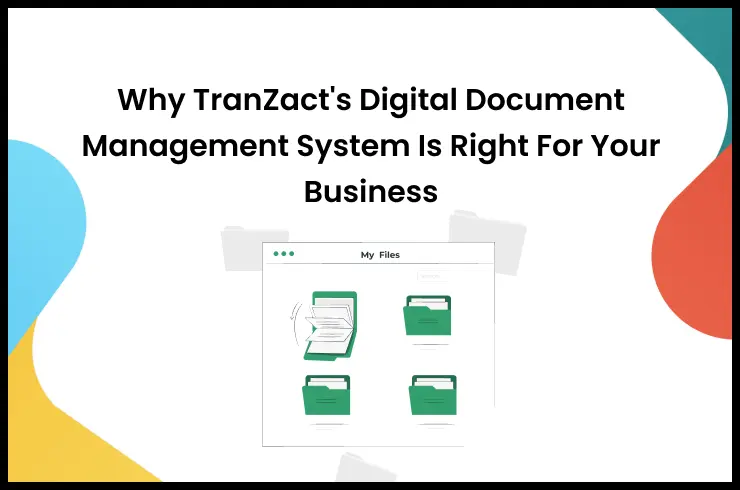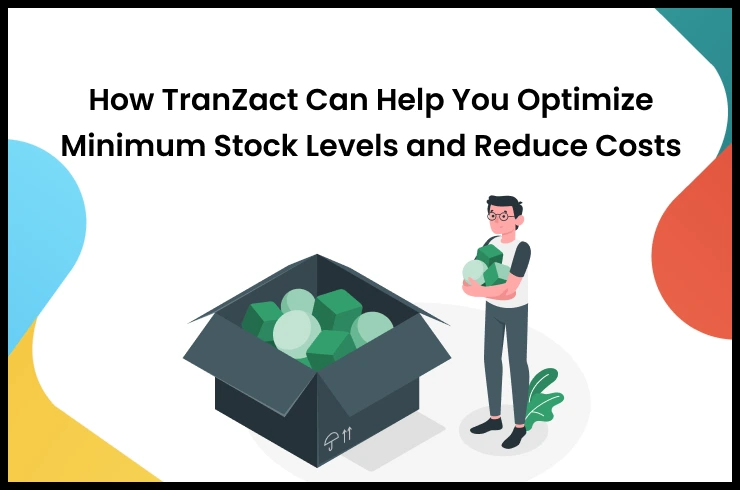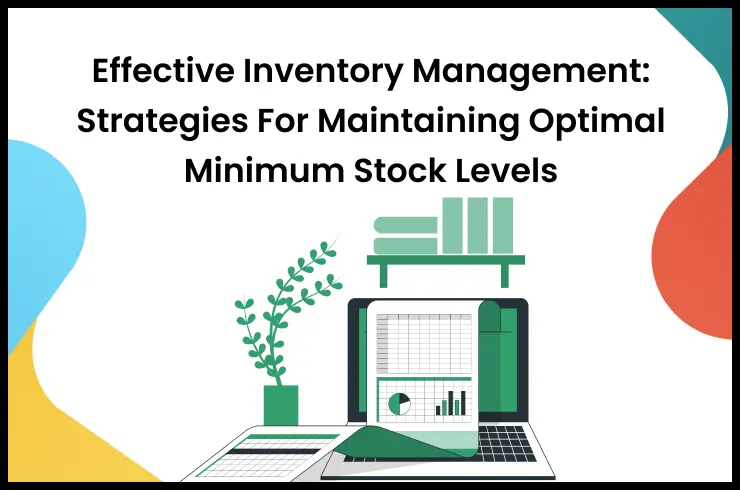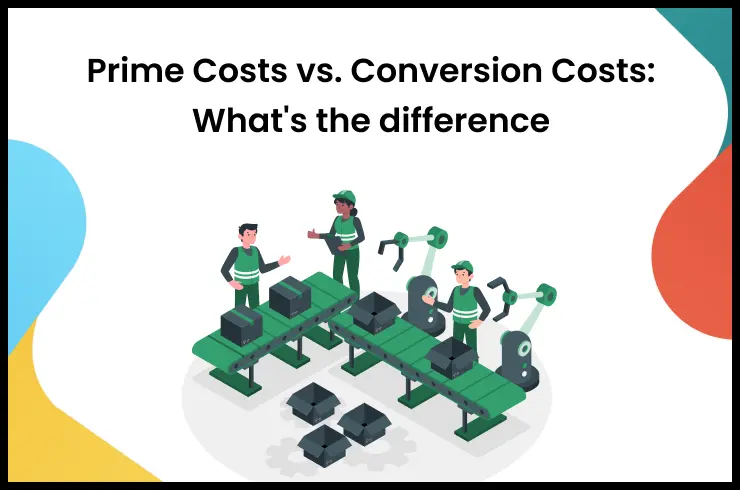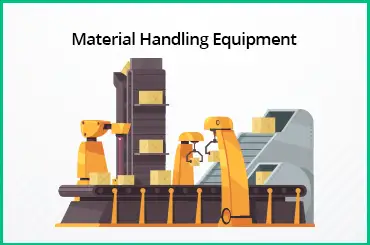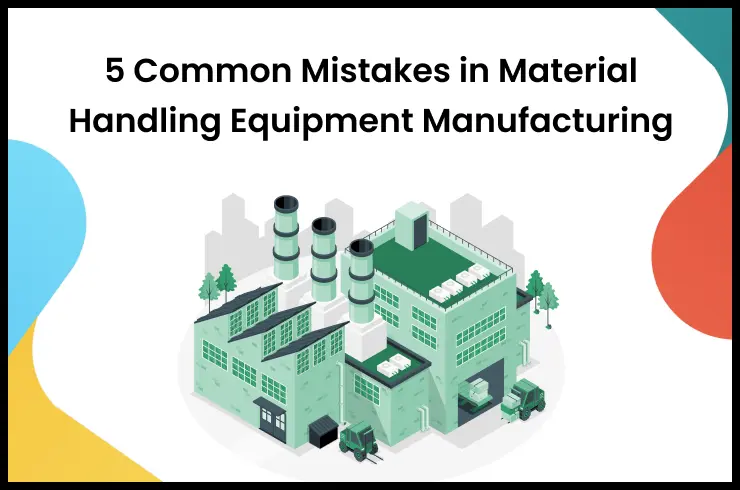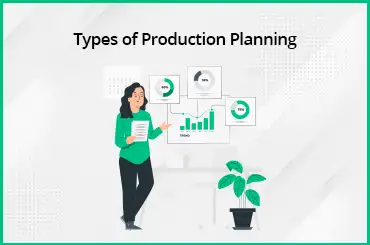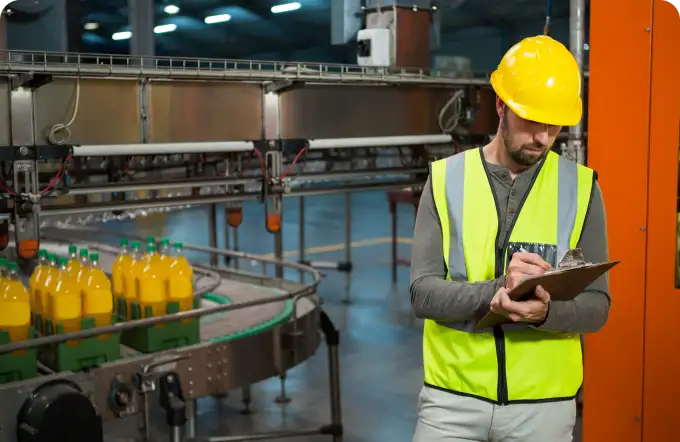There are several economic functions on which a company works daily, and one of them is factors of production. If businesses can improve the efficiency of factors of production, the result can be increased production and higher quality goods and services at lower prices. This article will explain the factors of production, how they work together, and who owns them.
What Are Factors of Production?
The factors of production are land, labour, capital, and entrepreneurship.
- Land represents resources, minerals, and real estate,
- Labour defines the manual workforce,
- Capital is man-made assets
- Entrepreneurship binds all the other factors with decision-making.
These are the four main pillars that define factors of production of any good or service. These factors together control economic activity and are essential to the operation of any market. Understanding what are the main factors of production can help businesses increase their production and improve their efficiency.
How Factors of Production Work Together?
All four factors of production are the key to the success of a business. The first step in this process involves bringing together land, labour, and capital. For example, in agriculture, farmers use farming tools to grow crops on fertile land. Thus, all four factors together make the basis of good production in different businesses. Moreover, entrepreneurship is a key player in this whole thing. It’s a glue that connects everything by trying things and decision-making. In our example, an entrepreneur could be the one choosing which crop to grow, how much land to use, and when to pick. Thus, factors of production are dependent on each other. Among the four, if one is missing, then production may be possible, but the efficiency and quality may not be up to the mark.
The 4 Factors of Production
Factors of production in economics represent the important resources required for the production of goods and services. These factors work together to run the economic activity, develop industries, and decide how well a country is doing.
1 Land
Land has a main part in factors of production. It includes all the natural resources we use for production.
- Land is not just a piece of ground; it includes other things, too. For example, minerals, forests, lakes, and the area we use for farming.
- Good land is super important for growing food. Fertile land helps us produce what we eat.
- We also get important minerals from the land through mining. These things are valuable for many products we use.
- The location of the land is also important. It affects how easy it is to get to places and reach markets.
2 Labor
Labour is another important thing in factors of production. It is the work that people do for production. This does not only include physical work but also thinking and using skills.
- Labour is an important factor of production and cannot be replaced by machines for many reasons.
- It is needed in a lot of areas, like making things, providing services, and working with technology.
- It includes both physical work at assembly lines and smart labour, like engineers, doctors, and researchers.
- The quality and quantity of labour can decide the growth and profit of any business.
3 Capital
Capital is a factor among the factors of production that includes all the machines and tools buildings required for production. It can be divided into physical and financial capital.
- Physical capital includes things like factories, vehicles, and computers.
- Financial capital includes cash, investments, and funding that businesses need to grow.
A business must have enough capital to buy modern technology and make it more efficient and productive.
4 Entrepreneurship
Entrepreneurship is an important part of factors of production that help run a business. Entrepreneurs are the ones who bring new ideas and make other factors work. They are the people or organisations who see chances to do something new. These people can take risks, organise resources, and use their skills to make good decisions.
Who Owns Factors of Production?
The ownership of factors of production depends on economic and legal systems.
- In a market economy, these factors are in the hands of individuals, businesses, or private organisations. For example, a person can be the owner of the land, use the skills of labour, take loans or purchase capital, and get involved in the work of entrepreneurship by owning a business.
- In a socialist or government-controlled economic system, the ownership of the factors of production can be under the central government. In this, the land can be owned by the government, and people together get involved in labour and capital through businesses owned by the government.
- In a mixed economy system, which most of the countries have, factors of production are owned by both private individuals and government institutions. Private businesses may own land, labour, and capital, but the government can control and own some of the most important industries and resources.
Hopefully, now you have understood what are the factors of production, how they work together, and who owns the different types of economies. Managing them efficiently can increase the production and quality of goods. However, this task can made simple with solutions like TranZact, who are professionals in helping businesses with data management services.
FAQs
Q1. What are the 4 factors of production with examples?
Land, Labor, Capital, and Entrepreneurship are the 4 factors of production that are needed to produce any good or service. For example, a business needs land to build its plant, labour for the working line, capital to make production fast and efficient, and entrepreneurship to make the right decisions.
Q2. What is meant by factors of production?
In economics, factors of production refer to resources businesses use to produce goods and services. It includes land, labour, capital, and entrepreneurship. These together are important for producing a product or service.
Q3. What are the different types of production?
There are four main types of production:
- Mass production- Mass production simply means manufacturing a product in large amounts with the help of modern technology and assembly lines.
- Batch production- It is the method of production where a group of the same products are manufactured at the same time.
- Job Production- Job production is the method where only a single product is manufactured at a time.Just-In-Time Production.- It is the production process where the product is manufactured only when the customer places the order for it.







